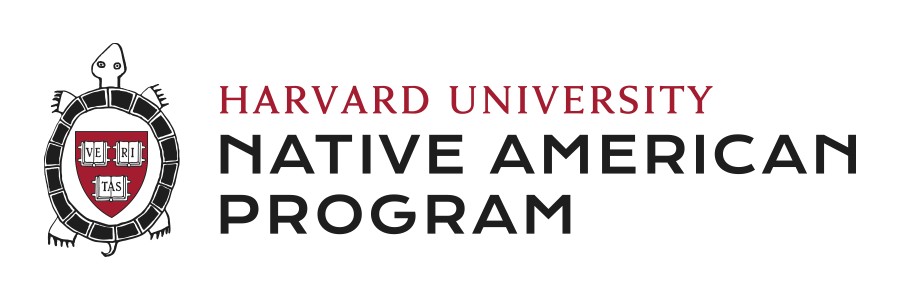Fossil fuels, health, and frontline Indigenous communities
Date and Time
Location

Zoom registration for this event can be found here.
Indigenous communities have a long history of living with and learning from the environment, but the extraction and transportation of fossil fuels near their communities, along with unjust policies, have put their health, the climate, and, in some cases, tribal sovereignty at risk. This Earth Month, join us for a discussion on “Fossil Fuels, Health, and Frontline Indigenous Communities.” Hear from Indigenous leaders Lisa DeVille, who has witnessed firsthand the effects of oil extraction on the Fort Berthold Reservation in North Dakota; Kandi White, who has been a leading advocate against fracking and pipeline projects; and Harvard faculty on how we can uplift Indigenous voices and curb the impacts of climate change on frontline communities. The discussion will be moderated by Katherine Todrys, author of the 2021 book Black Snake: Standing Rock, the Dakota Access Pipeline, and Environmental Justice.
Opening Remarks:
- Dr. Aaron Bernstein, Interim Director of The Center for Climate, Health, and the Global Environment
Panelist:
- Katherine Todrys, Moderator and Author
- Lisa DeVille, Co-founder, Fort Berthold Protectors of Water and Earth Rights
- Kandi White, Native Energy & Climate Campaign Coordinator, Indigenous Environmental Network
- Joseph P Gone PhD., Professor, Harvard Faculty of Arts and Sciences & Harvard Medical School
Closing Remarks:
- Dr. Natalia Linos, Executive Director of the FXB Center for Health and Human Rights at Harvard University

